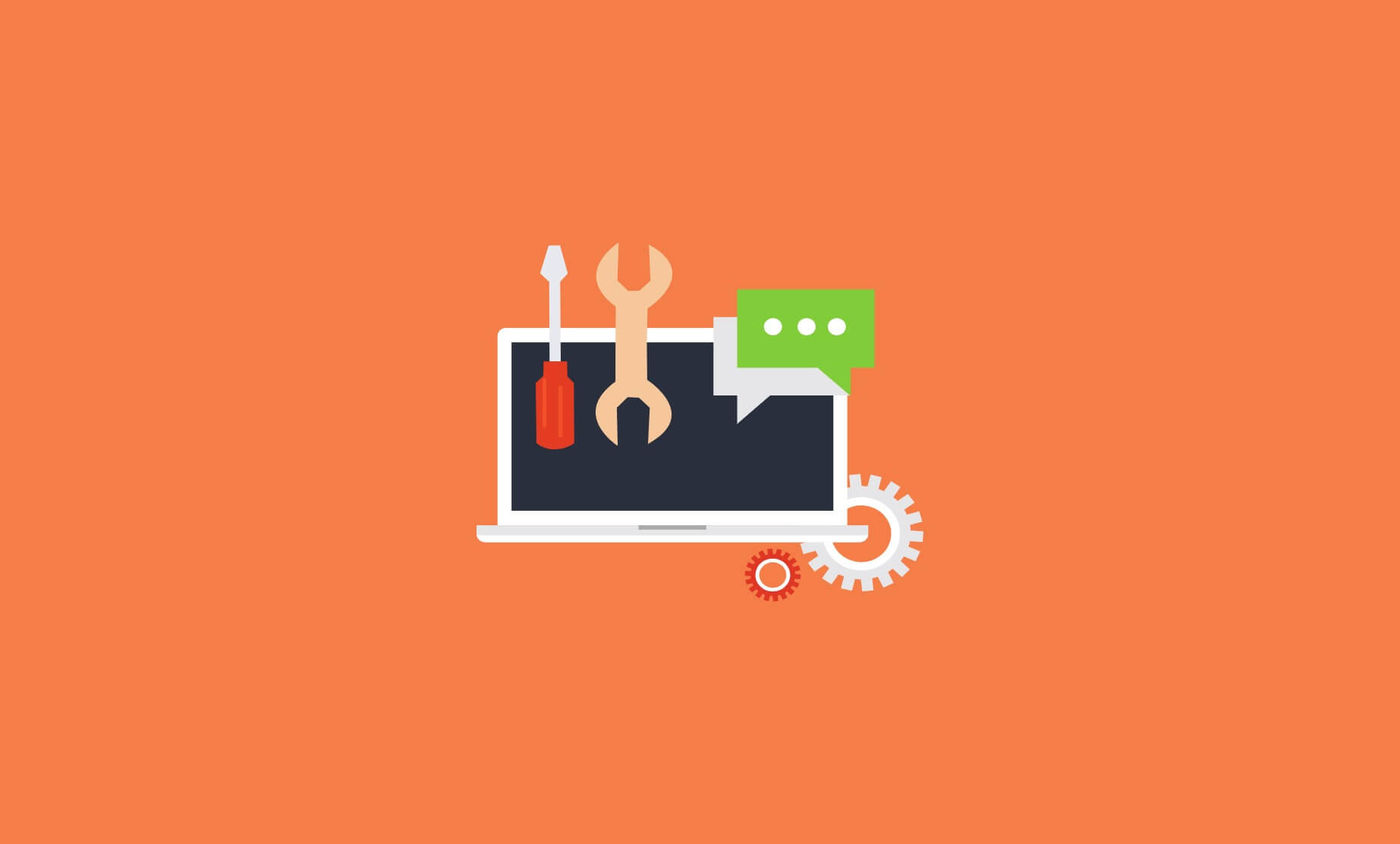In the highly competitive and ever-fluctuating market, brands have to take extra effort to ensure they remain competitive and relevant. That’s why many brands are taking proactive steps to provide their customers with an unforgettable customer experience
Even after staffing your customer service department with the right training, your service could suffer without the right tools. Agents face a wide range of issues, spanning from communication delays to lack of resources to inability in handling ticket flow. All of this can be made easier with the proper tools at their disposal.
When brands are on the lookout for tools to helps their customer service department, where should they start? The first step is deploying a good help desk software. Help desk software provides a common platform for customer interactions and information and works in tandem with the sales, operations, and marketing software to give agents more context when tackling customer service issues.
By automating repetitive tasks, agents can focus on more pressing issues and reduce their ticket load by introducing self-service tools that connect customers to solutions. By offering metrics on customer service efficacy, a good help desk software helps managers monitor customer happiness and agent performance.
However, is a help desk software alone enough for efficient customer service?
Not really. To provide all around customer service, a help desk must use data from different departments when solving a problem.
For example, if a ticket arrives at the help desk, customer information like customer type and purchase history may not be available in help desk. In these cases, a rep may need information from the sales department so he or she can know more about the customer.
Some other tools that can be used with your helpdesk to provide all around exemplary customer service include:
- Project management software: When you need to transfer issues to your engineering team so they can directly work on resolving it, a good project management software is a necessity. And by integrating it with your help desk, you can view the ticket’s progress from a centralized location.
- Inventory software: When a customer asks for the availability, type and cost of a product, instead of spending time trying to contact the inventory department, you can check yourself, saving time and energy.
- Timesheets: In customer service, maintaining a record of the time spent by agents in each issue helps you plan your team accordingly. It also helps you scrutinize the performance of the light agents before reassigning them. It also helps you track their hours worked to determine the payroll.
- Reports: To monitor the performance of your contact center and make decisions that improve its productivity, you have to analyze the appropriate metrics. Reporting software generates reports that help you analyze what works for your contact center and what doesn’t.
- Sales: Data from your sales department such as customer type, past interactions, and customer history needs to be available to customer service agents. That way, when an agent is interacting with a customer, he or she can retrieve information instead of spending time asking the customer. In addition, using customer service and sales software in tandem makes it easier to update customer details.
- Chat: Sometimes it can be difficult to assemble your team when you have an announcement or need to discuss plans. Booking a meeting hall, checking the availability of agents, and waiting for everyone to arrive can be a hassle. Fortunately, you can avoid these complications by maintaining a team chat where you can post updates, plans, and announcements.
When you make these tools part of your customer service department, you ensure that data is transmitted and updated across departments in a smooth manner. So, what are you waiting for? Equip yourself with these tools and rejuvenate your contact center!

